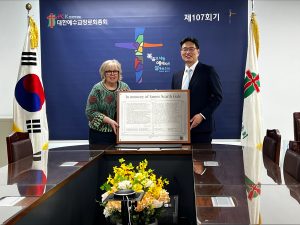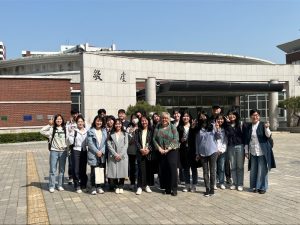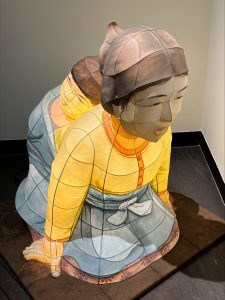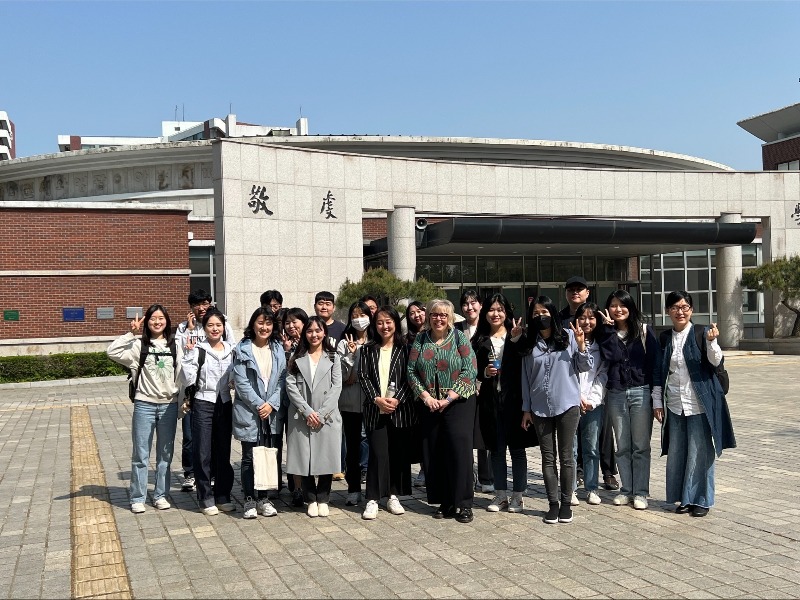The Revd Nicola Furley-Smith, United Reformed Church Secretary for Ministries, recently spent a week visiting the Presbyterian Church of Korea (PCK).
In this reflection, Nicola shares what the trip was about and how, as a woman, the URC story and her presence at a meeting resulted in the suspension of certain rules….
My trip has been a week of real blessing with friends old and new and making connections with the Presbyterian Church of Korea by holding the mission and ministry of both denominations in prayer and exploring opportunities to share good practice and stories that will help both churches to grow, renew and reignite the global ecumenical vision.

In a practical sense our churches are very similar: my first duty was to assist in the opening of the PCK Women’s Bazaar with its colourful stalls and tasty street food, the first bazaar since the pandemic; I preached at Suwonsong and Youndong churches; presented the plaque in memory of James Scarth Gale to mark the beginning of the relationship between the churches in Bristol; had afternoon tea with Revds Kyong and Clara to hear about their work with the survivors and victims’ relatives of the Itawon Halloween disaster of 2022; taught at the Presbyterian University and Theological seminary on the role of women in the church and in the ecumenical movement; built ministry links not only with the PCK but also with the Presbyterian Church in the Republic of Korea as we begin to explore what a Memorandum of Understanding would look like for them and for us.
Yet the highlight of my visit was to experience fresh expressions of church in the Korean context.

I was moved by Revd Hwang and the Resonance Church in Yangpyong with its emphasis on the breath of God intertwining the stories of all his people. In reflecting on the multi-layered story of God’s people, I came to the understanding that to tell the story of the URC, and my part in it as a woman in ministry, is not only done through words but through ‘being with’ those I encounter.
This was most clearly expressed at the presbytery (Synod) meeting at Yeungdongpo, where I found my story intertwined with those assembled as my presence there allowed a debate on women’s representation at their General Assembly, which resulted in a suspension of rules to allow more female representation in a church culture which is heavily dominated by men – other presbyteries, I was told, will follow.

It was for many women there a momentous decision.
The URC may be a small denomination with a big heart, and it should not forget its story is important.

